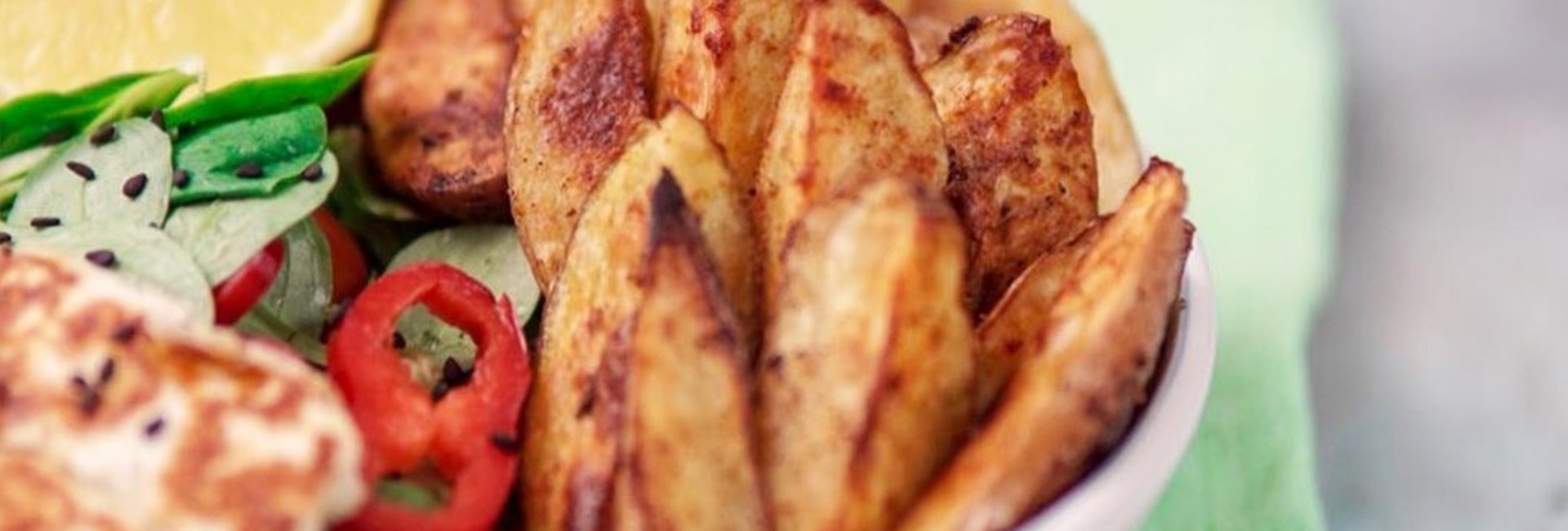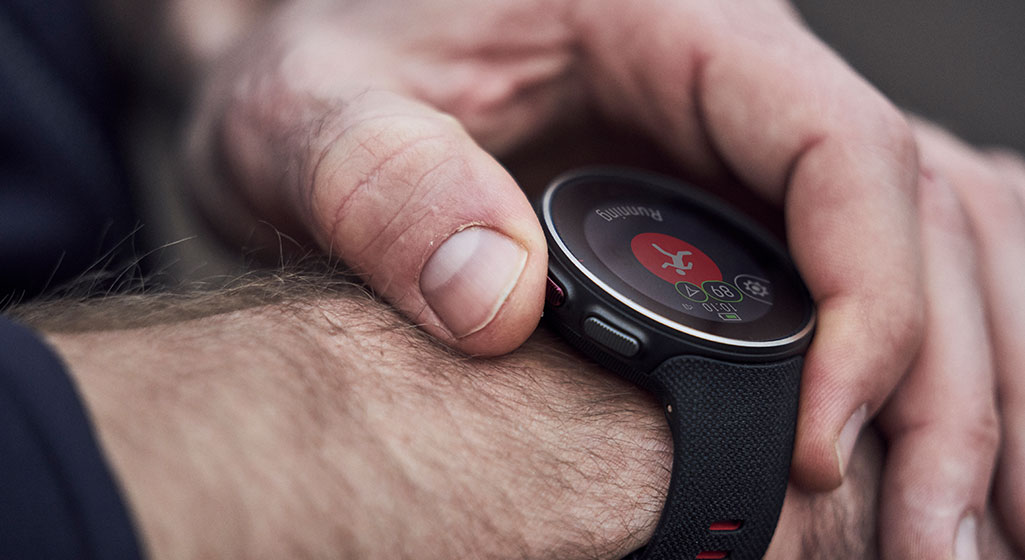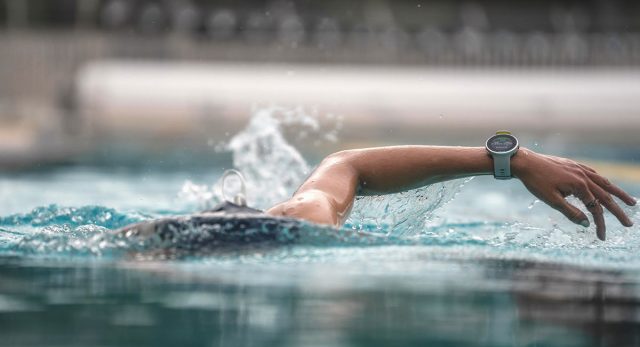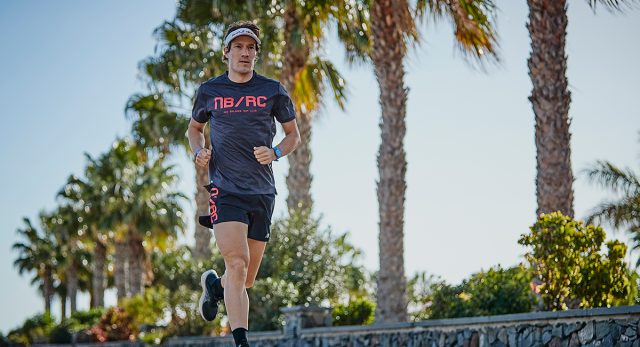Marathon nutrition continues to be a hot topic among runners and naturally, beginners are puzzled by what to eat before, during and after a marathon. Moreover, even experienced runners commonly look for information on marathon nutrition so a nutrition expert’s view on how to get your marathon nutrition just right may provide some new insight, even if you are a marathon veteran.
Here, nutrition expert Elizabeth Inpyn shares her tips on what to eat before a marathon, during the days leading up to the race and on race day, right before the start.
What To Eat During The days before A Marathon
Just like in your training, consistency is key, so just stick to what you know and avoid making any big changes to your daily diet while training for a marathon.
Just make sure that more of your daily calories come from carbohydrates at the cost of some fat.
During the days leading up to the race, you should make sure your fuel stores (muscle glycogen) are full but that doesn’t mean you should overeat. Attempting to “front load” excessive amounts of water, carbs, and/or sodium is ineffective and counterproductive.
In the 48-72 hours leading up to the big race, drink 2-4 liters daily and consume your regular electrolyte beverage as if you had done a hard training session. This will ensure you’re hydrated but not overloading your system.
Taking in too much sodium can disrupt your body’s natural ability to regulate and conserve this mineral – resulting in cramping, weakness or worse on race day.
If you’ve traveled to a race by plane, it’s especially important to stay hydrated as the air humidity inside the cabin is lower than normal. Your home is likely between 30- and 60-percent humidity, while inside an airplane, it can drop to less than 20 percent.
What To EAT The Night before a marathon
To put it short and simple: Eat clean, until you’re satisfied, and then call it a night.
Chicken (or tofu if plant-based) and roasted potatoes with veggies is one of my go-to pre-race meals.
Consume complex carbohydrates, some high-quality protein, and little fat, such as a grain or potato-based dish with a palm-sized protein serving, some well-cooked/starchy vegetables and plenty of fluids to wash it down.
Whatever you choose to eat the night before, make sure it’s something you’re used to eating – remember: no big changes at this point!
What to EAT (right) before The race
Make sure you eat and drink in the morning on race day regardless of pre-race nerves – you’ll need to replenish the carbohydrates (stored in the liver), which your brain will have used during the night.
If you suffer from gastro-intestinal problems, reduce your fiber intake before a race.
Refueling your body with carbs will delay the point at which you bonk so your pre-race breakfast should have at least 100 grams of carbohydrates.
I’d recommend having breakfast with exactly the same timing you’ve done before hard training sessions and smaller races (usually 3 to 4 hours before the start).
Aim to drink about 1/10th your body weight in ounces 4 hours prior to the start to give yourself plenty of time to flush any excess fluids. If your urine color is light you are ok; if it is dark, keep drinking a little more.
Make a Marathon Nutrition Plan before The Race
My motto is: “Eat early and often.”
Plan out when, where and how you’re going to take your nutrition along the course. A successful marathon nutrition plan spreads your nutritional intake across your entire activity. If you wait until you’re hungry or thirsty, it might be too late to get the nutrients you need.
Not only does dehydration make it harder for your heart to pump blood to working muscles, it also makes you feel like you’re working harder due to its effects on the central nervous system. What’s more, a new study found that drinking according to a schedule versus drinking to thirst actually improves performance. So, drink up!
Pro tip: Set an alert on your watch to help keep you on track!
But, keep in mind the good ol’ “enough, but not too much” principle and think of your fueling strategy like an IV drip. The goal is to take in calories and fluids in small, frequent doses rather than as large quantities, spread out every hour or so.
Once you have your gear all set, pre-race breakfast in and marathon nutrition plan laid out, it’s “ready, set, go” time!
Yeah, but wait! What happens then? That’s for us to know and you to find out…
Just kidding. If you’re eager to learn more about marathon nutrition during and after the race, scroll down…
If you liked this post, don’t forget to share so that others can find it, too.
Or give it a thumbs up!
I like this article
Please note that the information provided in the Polar Blog articles cannot replace individual advice from health professionals. Please consult your physician before starting a new fitness program.






